-
A step-by-step guide to landing your next job in science

Illustration: Tiago Galo Nature’s 2024 hiring in science survey This article is the fourth in a short series discussing the results of Nature’s 2024 global survey of hiring managers in science. The survey, created in partnership with Thinks Insights & Strategy, a research consultancy in London, launched in June and was advertised on nature.com, in…
-
DeepMind AI weather forecaster beats world-class system
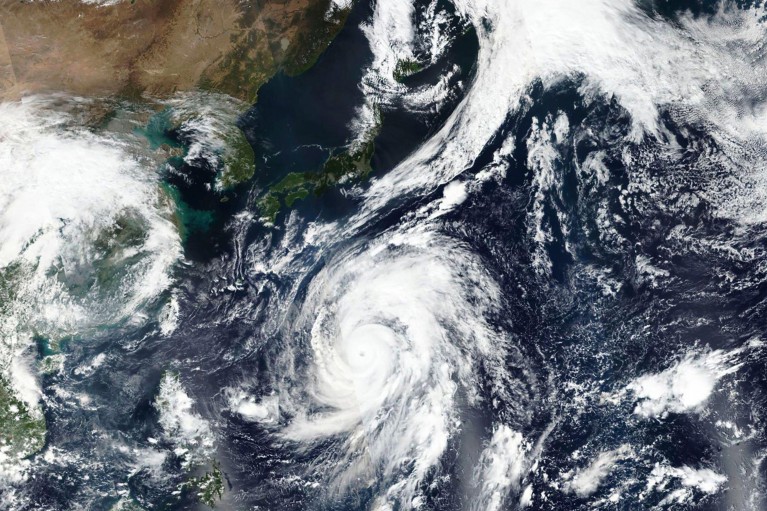
Typhoon Hagibis approaches Japan in 2019. The storm was one of the events used to study the accuracy of an AI-based forecasting system.Credit: NASA Worldview, Earth Observing System Data and Information System (EOSDIS)/AP/Alamy Google DeepMind has developed the first artificial intelligence (AI) model of its kind to predict the weather more accurately than the best…
-
Advising governments about science is essential but difficult. So train people to do it
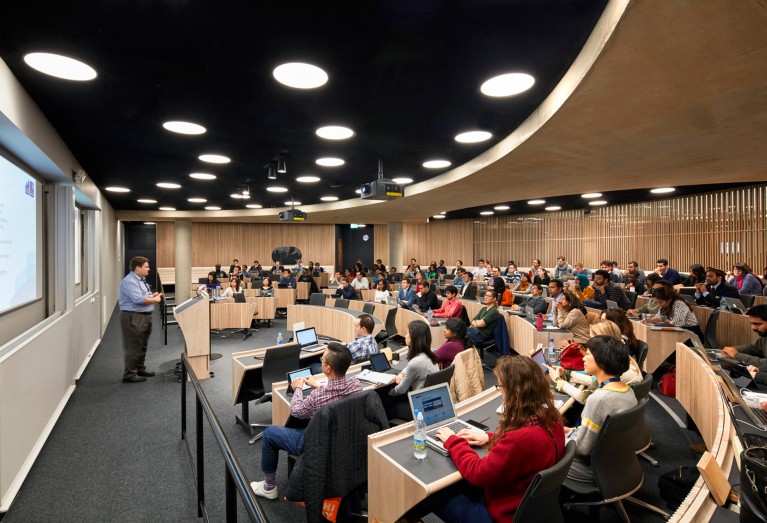
Institutions including the Blavatnik School of Government at the University of Oxford, UK, are offering courses in science and evidence in public policy.Credit: Hufton+Crow/View Pictures/Universal Images Group/Getty Earlier this year, Nature asked science-policy specialists which country is particularly good at ensuring science is factored into government decisions. The question mystified many respondents. “Not aware of…
-
A firm randomly assigned its scientists AI: here’s what happened
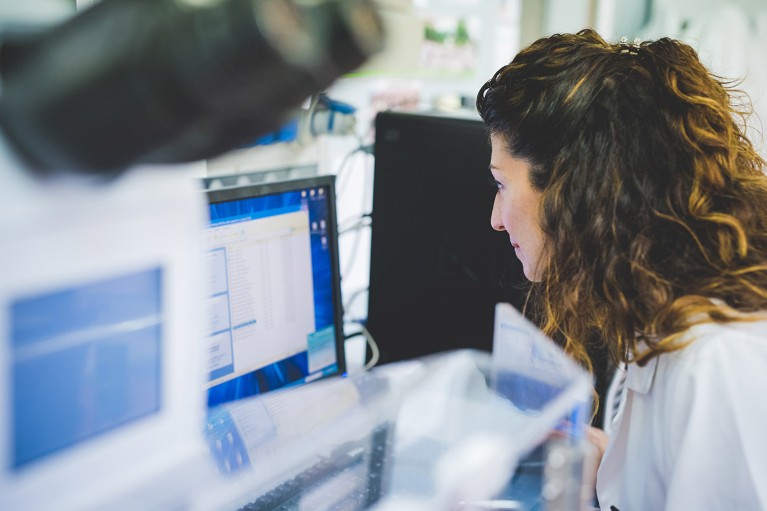
Scientists at an unnamed corporate laboratory were randomly assigned a machine-learning tool.Credit: Eugenio Marongiu/Getty Artificial intelligence (AI) is becoming ubiquitous in applied research, but can it actually invent useful materials faster than humans can? It is still too early to tell, but a massive study suggests that it might. Researchers built an ‘AI Scientist’ —…
-
How I put LinkedIn to work for my career as a scientist and entrepreneur
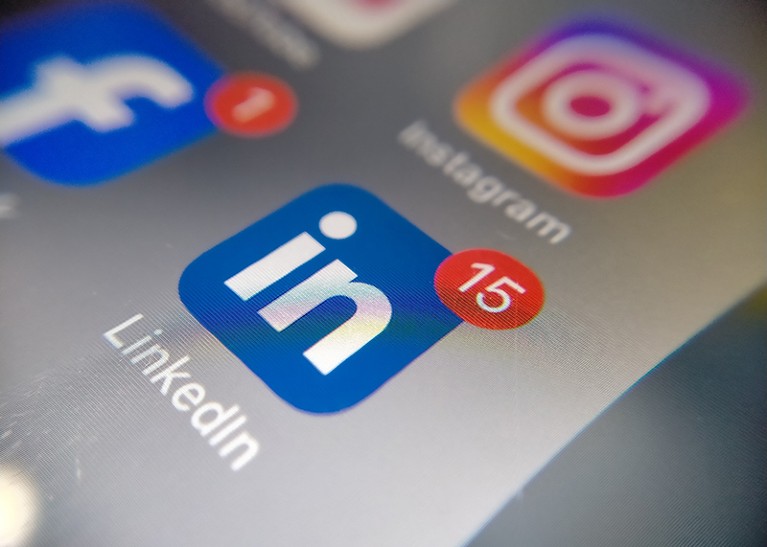
LinkedIn is becoming the social-media platform of choice for many researchers.Credit: Gioele Piccinini/Shutterstock For most of my career, I avoided Linkedin. I preferred online networking on Twitter (now X), where I joined other academics in sharing publications, debating research findings and, most of all, posting memes. But that all changed in 2022, when I decided…
-
The best science and nature books of 2024
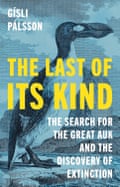
With every year bringing record-breaking flooding, cyclones, hurricanes and heatwaves, one might think that Homo sapiens needs an escape hatch from an overheating Earth. Some futurists believe we should be making giant leaps towards colonising the red planet – even if the prospect of Emperor Elon is enough to put anyone off a trip to Mars.…
-
ChatGPT turns two: how the AI chatbot has changed scientists’ lives

ChatGPT is a generative artificial intelligence system that learns from large amounts of human-produced data.Credit: Nicolas Economou/NurPhoto via Getty In the two years since ChatGPT was released to the public, researchers have been using it to polish their academic writing, review the scientific literature and write code to analyse data. Although some think that the…
-
Women in Autophagy: an initiative to promote gender parity in science
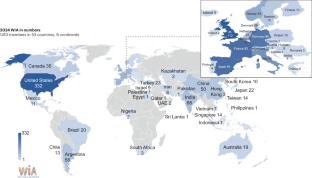
Scientific questions are universal but the scientific workforce remains skewed, with women and gender minorities still underrepresented. Initiatives such as the Women in Autophagy network promote the careers of these underrepresented groups with a range of free, year-round scientific, mentoring and networking activities for all scientists. This is a preview of subscription content, access via…
-
What’s the secret to living to 100? Centenarian stem cells could offer clues
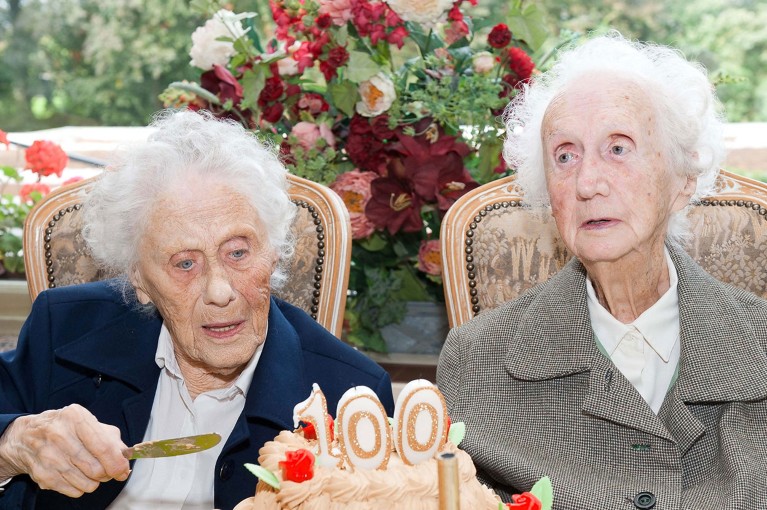
Credit: Nicolas Lambert/BELGA/AFP via Getty Scientists in Boston, Massachusetts have made reprogrammed stem cells from the blood of centenarians. They plan to share the cells with other researchers to better understand the factors that contribute to a long and healthy life. Early experiments are already providing insights on brain ageing. Enjoying our latest content? Login…
-
Raising a glass to the Four Friends Doing Science journal club
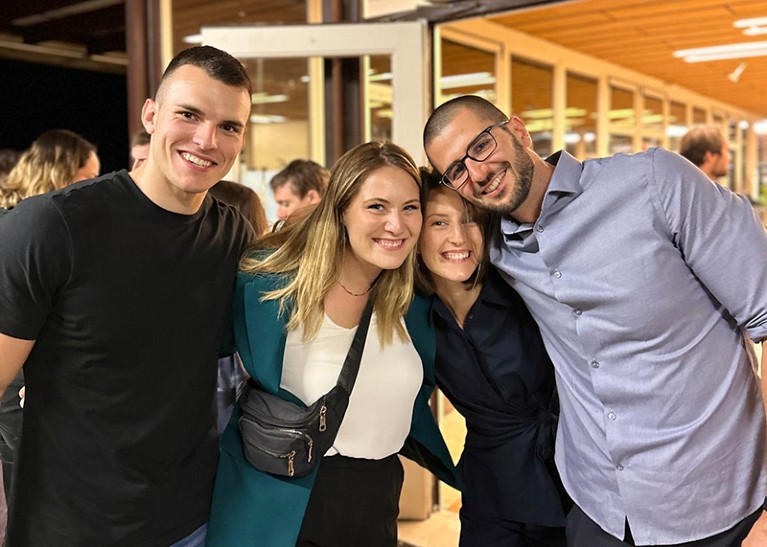
(Left to right) Miloš Tišma, Milica Jeličić, Jovana Kaljević, and Boris Stojilković, who all met at university, set up an online journal club to stay in touch and discuss research.Credit: Jovana Kaljevic Chasing the best scientific career opportunities often means leaving behind homes, universities and friends. This happened to the four of us when we…